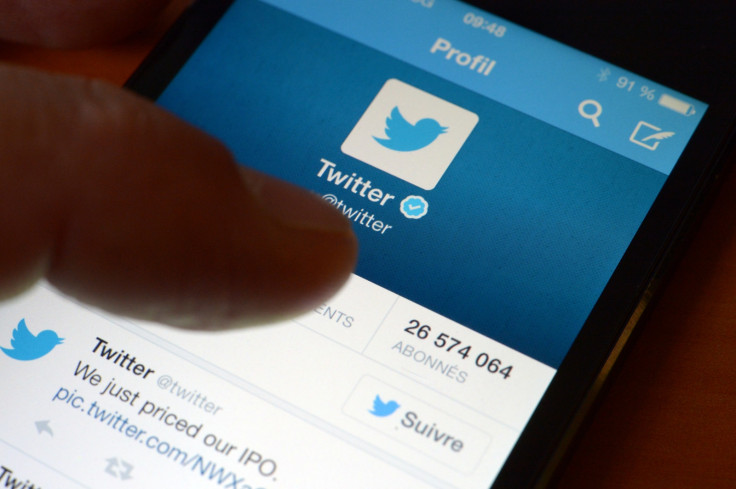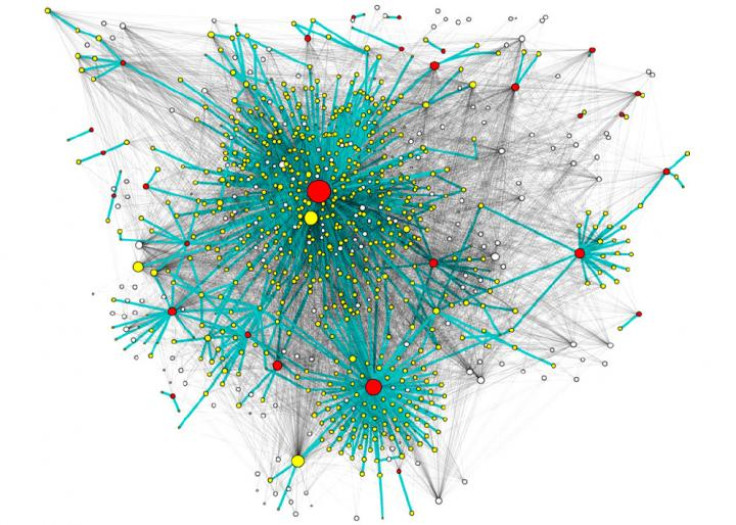Over-Tweeting is an Inefficient Way to Become Popular, According to Scientists
When it comes to popularity on Twitter, size really is important

Users of the social networking site Twitter who increase their activity and the regularity of their tweets to become popular are being inefficient, according to researchers.
Scientists from the Technical University of Madrid (UPM), set out to find the answer to the question, "What can Twitter users do to increase their influence?"
They analysed thousands of conversations, applying a computational model to devise a measure that relates the effort a user puts in to how much influence is gained in return.
The results were published in the journal Social Networks and it was found that it is the actual structure of Twitter that has the greatest influence on a user's popularity.

Twitter is a heterogeneous networking site, meaning that the majority of users have very few followers and very few users have a large amount.
According to this study, the median number followers per user on Twitter is 61, with some of the more popular users – including Katie Perry and Justin Bieber – have around 50 to 60 million.
"Having a larger number of followers is much more important than the user's 'effort' or activity in sending lots of messages," Rosa M. Benito, head of the research team, told SINC.
"However, if the underlying network were homogeneous (something which it is not), users would have approximately the same number of connections and their position on the network would not be important; their influence would depend directly on their activity."
According to the research, heterogeneous sites like Twitter will always have a highly influential minority, and the way which users tweet or direct their activity will not matter.
Tweets that more popular users send are spread more and have a greater influence, despite their senders typically only broadcasting a few.
"The data shows that the emergence of a group of users who write fewer tweets but that are largely retweeted is due to the social network being heterogeneous," Benito says. "Ordinary users can gain the same number of retweets as popular users by increasing their activity abruptly. Then it is possible to increase their influence through activity, but it is costly and inefficient."
© Copyright IBTimes 2024. All rights reserved.





